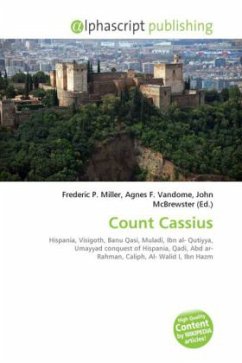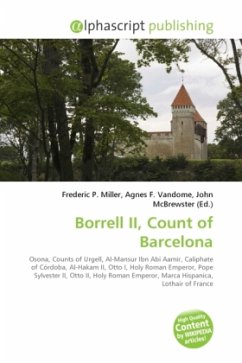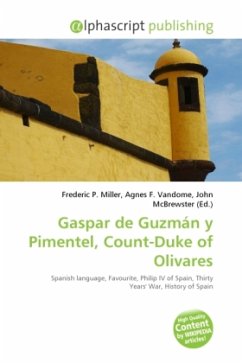Please note that the content of this book primarily consists of articles available from Wikipedia or other free sources online. Count Cassius (8th century), also Count Casius, kumis Kasi or kumis Qasi, was a Hispano-Roman or Visigothic nobleman that originated the Banu Qasi dynasty. According to the 10th century Muwallad historian Ibn al-Qutiyya, Count Cassius converted to Islam in 714 as the mawali (client) of the Umayyads, shortly after the Umayyad conquest of Hispania, and his family came to be called the Banu Qasi (sons or descendants of Cassius). Cassius had converted at the hands of the Arab, Hassan ibn Yassar al-Hudhali, qadi in Zaragossa at the time of Abd ar-Rahman''s arrival in the peninsula. He converted to Islam as a means to preserve his lands and political power. Cassius joined forces with Musa ibn Nusayr and Tariq ibn Ziyad and travelled to Damascus to personally swear allegiance to the Caliph Al-Walid I. Another Arab historian Ibn Hazm who lived in the 11th century, listed his sons as Fortun, Abu Tawr, Abu Salama, Yunus and Yahya. The Banu Qasi dynasty was directly descended from Fortun, the eldest son of Count Cassius, while it has been suggested that the second son may be the Abu Taur of Huesca who invited Charlemagne to Zaragoza in 778.
Bitte wählen Sie Ihr Anliegen aus.
Rechnungen
Retourenschein anfordern
Bestellstatus
Storno








